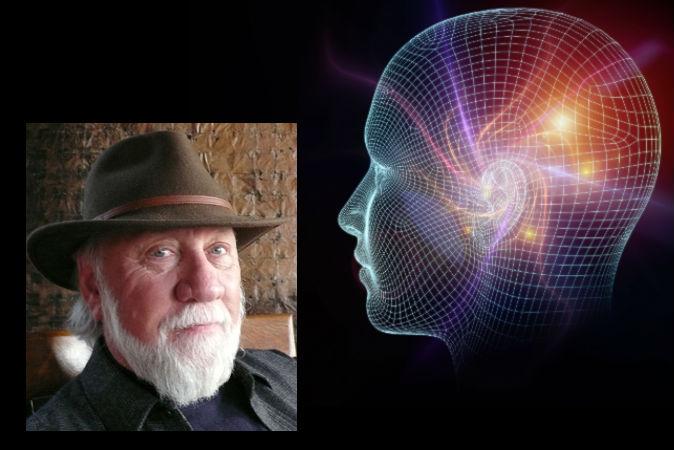Dr. Allan Leslie Combs is developing a Consciousness Studies PhD program at the California Institute of Integral Studies (CIIS).
“Consciousness was traditionally treated by what [psychologist] William James called ’tough-minded scientists’ or ‘hard-nosed empiricists’ as trivial, or non-existent, or at best what’s technically called an epiphenomenon—something that’s just produced by the brain somehow but doesn’t mean anything,” Dr. Combs said.
But the physical impact of observation—of consciousness—on objects seen in quantum physics experiments has drawn increased interest to the study of consciousness. “If consciousness is part of the basic fabric of the universe at the quantum level, then it’s important everywhere and in everything. Physicists are very serious about this, this is not just wacko stuff,” Dr. Combs said with a laugh.
Dr. Combs’ consciousness courses earn students nationally recognized academic credits. Though CIIS grew out of a casual wine and conversation group in the 1950s—a setting more traditionally suited to discussion of spiritual or philosophical matters—the school has attained full accreditation and has operated as a robust academic institution, albeit a somewhat unconventional one, for more than two decades.
Standing at the CIIS home in San Francisco and pointing across the Bay at the University of California–Berkeley, Dr. Combs likes to say, “Well, we have the same accreditation they do.”
A new world view is emerging, said Dr. Combs. He cited the late cultural historian and ecotheologian Thomas Berry, who viewed the universe as a community of beings rather than a collection of objects.
Dr. Combs emphasized the word “community.” Part of the new world view, he said, is an increased sense not only of sentience, but also of interconnectedness. Quantum entanglement is a phenomenon in which particles that have once been in contact continue to show a connection even when separated by vast distances. When the state of one particle is changed, a corresponding change occurs in the distant partner particle without any apparent cause except for this connection. “At the time of the Big Bang everything was connected,” Dr. Combs said. Does everything in the universe thus remain connected through quantum entanglement?
Not all particles in the universe display entanglement this way, otherwise when one particle changes, a corresponding change in every other particle would be seen. This doesn’t occur. But, the question remains as to how everything may be connected in ways that aren’t immediately obvious. The importance of quantum entanglement wasn’t widely discussed until recently, and physicists are now conducting studies to learn more about it.





